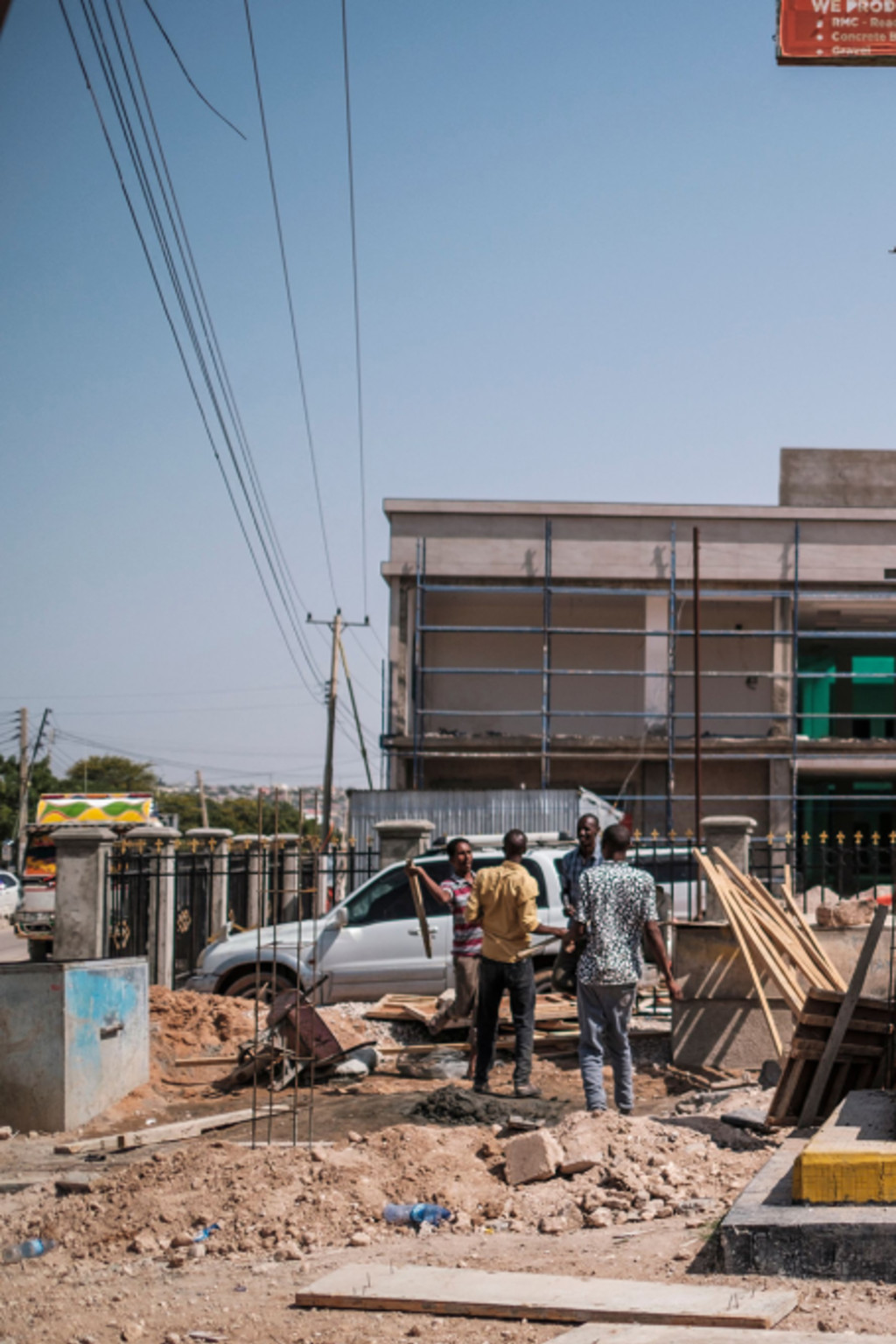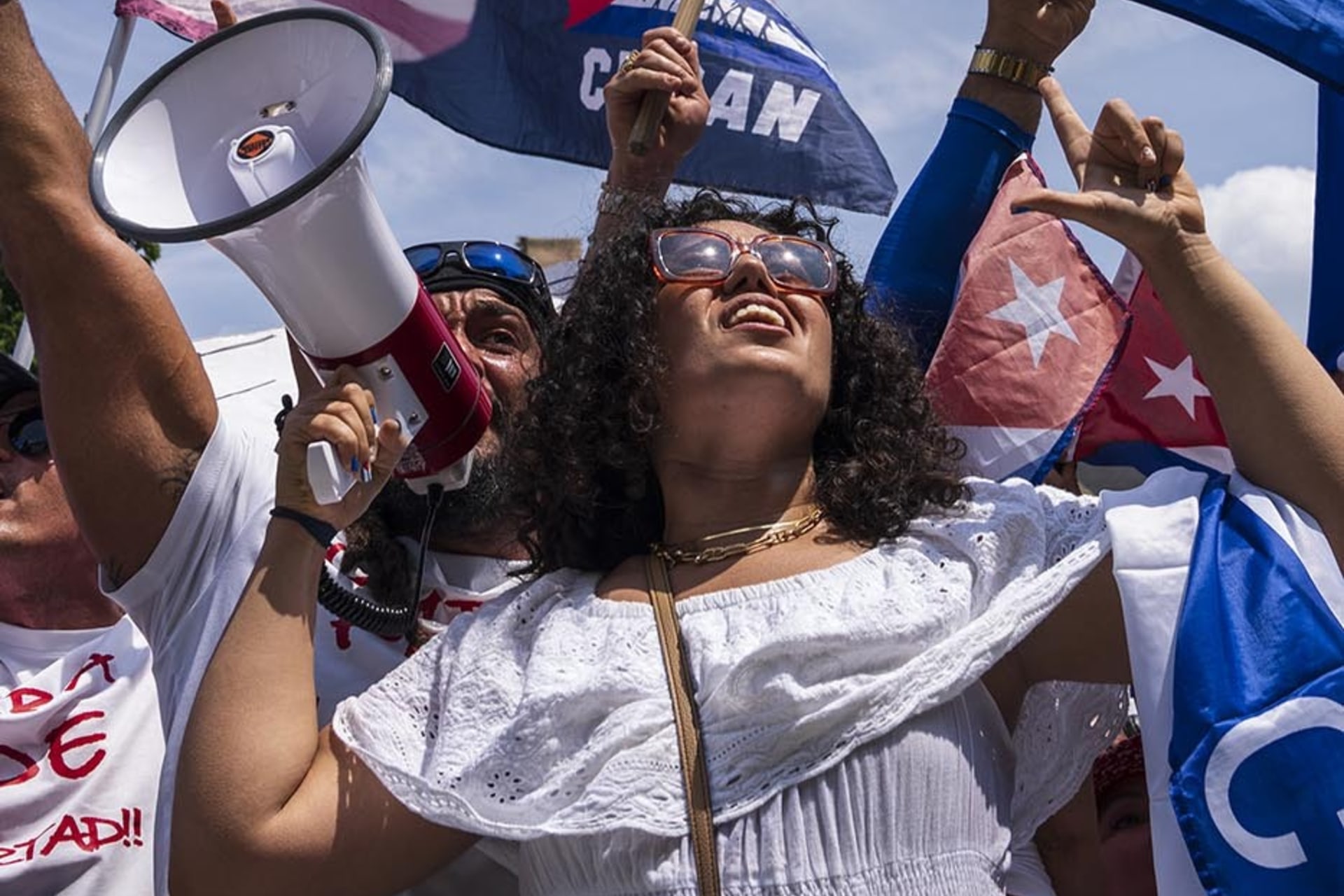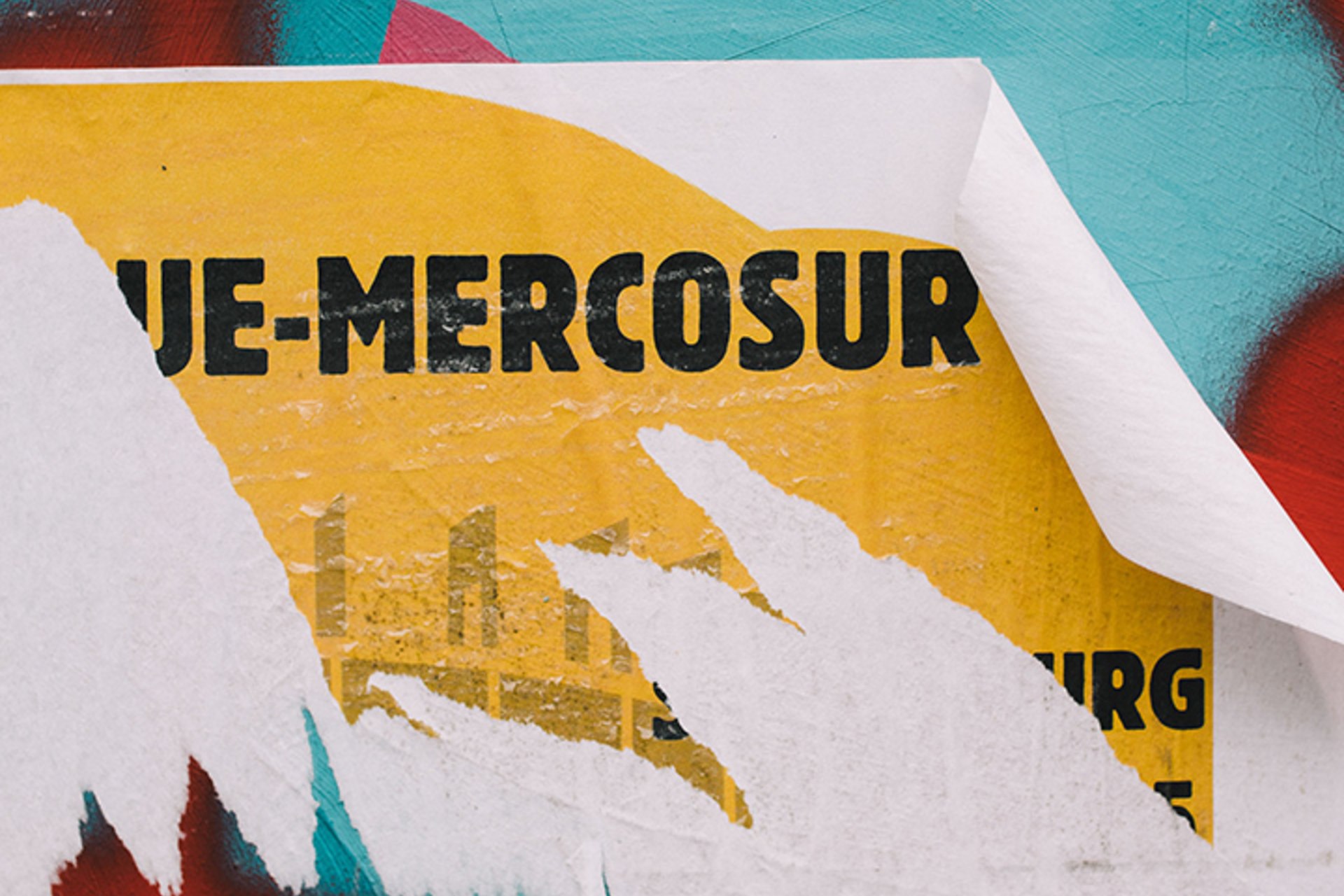
Somaliland: The Horn of Africa’s Breakaway State
Published
Updated
The would-be independent state stands in contrast to Somalia as a place of relative stability, and despite its lack of international recognition, Somaliland continues to push its own foreign policy.
- Somaliland declared independence from Somalia in 1991, but no country has recognized its sovereignty in the decades since.
- Despite its lack of international legitimacy, the coastal territory has a relatively stable democracy and is attracting major foreign investors.
- Tensions between Somaliland and Somalia have grown in recent years as the breakaway region pursues its own investment deals and asserts its sovereignty claims.
What are backgrounders?
Authoritative, accessible, and regularly updated Backgrounders on hundreds of foreign policy topics.
Who Makes them?
The entire CFR editorial team, with regular reviews by fellows and subject matter experts.
Introduction
Somaliland has been a self-governing region of Somalia for more than three decades, but its claim of independence is not recognized by Mogadishu or any foreign government. While this has limited Somaliland’s access to international markets, it has not prevented the breakaway state from making steady democratic gains. Some analysts say Somaliland, which has a distinct history and remains more stable than the rest of Somalia, has a strong case for independence. Others fear that international recognition would encourage other secessionist movements in Africa. In recent years, Somaliland has unilaterally struck major port investment deals with foreign powers, including Ethiopia and the United Arab Emirates (UAE), raising tensions with Somalia and further provoking friction in the broader Horn of Africa region.
Where is Somaliland?
Somaliland is part of Somalia and the larger Horn of Africa region. It has hundreds of miles of coastline along the Gulf of Aden to the north, and it borders Ethiopia to the south and west and Djibouti to the northwest. Puntland, a semiautonomous state of Somalia that lies due east, disputes some of Somaliland’s territorial claims.

What is its political status?
Somaliland broke ties with Somalia’s government in Mogadishu after declaring independence in 1991, and the region has sought international recognition as an independent state since then. No foreign government recognizes its sovereignty, but many effectively acknowledge Somaliland as separate from Somalia.
It has held several, peaceful democratic elections since 2003. The United States, France, the United Kingdom, and the European Union (EU) sent delegations to observe Somaliland’s 2017 presidential election. The territory’s 2024 electoral contest was one of only five elections in Africa that voted in an opposition party, called Waddani, and enjoyed a peaceful vote.
How did it get here?
Somaliland’s history as a distinct region of Somalia dates back to the late nineteenth century. The territory was a British protectorate until 1960 when it unified with the rest of present-day Somalia, which had been under Italian rule. The merger faced challenges early on, with many in Somaliland rejecting the centralization of power in the country’s south.
A rebel group, the Somali National Movement (SNM), emerged in Somaliland in the 1980s opposing the military junta of President Siad Barre, which seized power in 1969. In January 1991, SNM and other insurgent groups ousted Barre, whose forces had killed tens of thousands of Somalilanders and destroyed much of the region’s infrastructure. SNM refused to recognize an interim government led by another militia group, and in May it declared Somaliland’s independence, with the city of Hargeisa as its capital.
Delegates took a decade to thrash out a new constitution for Somaliland, which voters overwhelmingly approved in 2001. The referendum saw a transition from a power-sharing agreement among leading clans to a multiparty democracy. Although some international observers applauded the peaceful vote, no government recognized the process.
What is Somaliland’s case for independence?
The Somaliland government asserts that it meets most of the requirements of a sovereign democratic state: it holds free and fair elections, has its own currency and security forces, and issues its own passports. It also says that its independence claim is consistent with a longstanding norm of the African Union and its predecessor that colonial-era borders should be maintained. Some analysts also note that Somalilanders are predominantly from the Isaaq clan, and thus ethnically distinctive from other Somalis.
The territory has widely been seen as an “oasis” for stability in a turbulent region. “From the Somalilanders’ perspective, they have a completely reasonable argument,” Bronwyn Bruton, democracy and governance expert, said in 2018. “Somaliland is trying to break off from Somalia, which hasn’t been a functioning country in decades.” In 2024, democracy and civil liberties watchdog Freedom House rated Somaliland as “partly free,” scoring a forty-three out of one hundred, while Somalia got only eight in the same year—an unequivocally “not free” status. However, Somaliland’s score declined following government crackdowns on those protesting parliament’s decision to postpone the 2022 presidential election. After its peaceful 2024 election, however, several experts and diplomats noted that the territory is one of the most stable democracies in the region.
What is its financial situation?
A weak economy and limited opportunities for foreign trade and investment have stifled the government’s capacity to provide services to its approximately six million citizens. The Somaliland government reported a gross domestic product (GDP) of roughly $7 billion in 2022—most of which it receives in remittances from Somalilanders working abroad. The region’s unemployment remains very high, particularly for youth, and officials worry about a potential “brain drain” phenomenon, with educated people migrating in search of opportunities elsewhere. Its main exports are livestock and animal products, which it ships to neighboring Djibouti and Ethiopia, as well as to Gulf states, such as Saudi Arabia and Oman. Its GDP per capita, just around $1,500, is one of the lowest in the world, although still almost threefold more than Somalia.
The government is ineligible for loans from the World Bank and the International Monetary Fund as long as Somaliland is not an internationally recognized state or reconciled with Somalia. President Muse Bihi Abdi, in an op-ed after his 2017 election victory, said that Somaliland’s exclusion from international markets “compounds the socioeconomic pressures that Somaliland faces,” and analysts say that an anemic economy puts decades of political progress at risk. Current President Abdirahman Mohamed Abdullahi, commonly known as Irro, made economic reform a central tenet of his 2024 campaign.
Somaliland has nonetheless negotiated its own foreign investment deals despite opposition from the federal government in Mogadishu. In 2016, it struck a landmark deal with DP World of Dubai, part of the UAE, to develop and manage the Port of Berbera, a joint venture expected to produce millions of dollars of income a year for Somaliland. Landlocked Ethiopia joined the port development project two years later, aiming to expand its access to the sea.
In January 2024, Somaliland sparked another diplomatic row with Somalia when it agreed to lease Ethiopia rights to roughly twelve miles (thirty-two kilometers) of coastline and access to Berbera for commercial and military purposes for fifty years in exchange for its formal recognition and part ownership of Ethiopia Airlines, the national carrier.
Where do negotiations between Somalia and Somaliland stand?
Mogadishu continues to reject Somaliland’s call for independence and strongly condemns its unilateral attempts to negotiate major international agreements. However, Somaliland remains steadfast in its ambitions. In December 2023, Somalia announced that the country was ready to reopen talks with Somaliland to resolve their disputes, under mediation by neighboring Djibouti. The following week, Somaliland struck its provisional deal with Ethiopia on the port of Berbera. The agreement prompted swift backlash from Somalia, which called it an illegal act of “aggression” and recalled its ambassador to Ethiopia. Somalia and Ethiopia remained at odds over the deal for all of 2024 until Turkey-mediated talks thawed tensions between the two. Despite Somalia and Ethiopia since restoring diplomatic ties, the timeline for resuming Somaliland-Somalia talks remains unclear.
Is there international support for Somaliland’s independence?
Many countries have encouraged the breakaway state’s elections and economic development, but none have recognized Somaliland. While some experts see historical and geopolitical reasons for countries such as Ethiopia and Kenya to take this step, others say the African Union (AU) would have to be the first to do so. “The United States and the UN and all of their allies have worked hard to try to build up the AU and position it as a moral authority,” says Bruton.
The bloc, however, has feared that formal recognition would embolden other secessionist movements on the continent, such as Nigeria’s Biafra or Morocco’s Western Sahara, to demand the same. Since the creation of a continental bloc in 1963, there have only been two widely recognized border changes in Africa: Eritrea’s split from Ethiopia in 1993 and South Sudan’s independence in 2011.
In the fallout of Somaliland’s January 2024 tentative port deal with Ethiopia, several countries and blocs such as the United States, Egypt, AU, and EU called for calm in the region and for Somalia’s sovereignty to be respected.
What is Somaliland’s strategic importance?
Somaliland is positioned along the Gulf of Aden near the entrance to the Bab al-Mandeb Strait, a major sea lane through which almost one-third of the world’s shipping passes. Its coastline has made it and neighboring Eritrea and Djibouti attractive partners for foreign governments looking for sea access and a maritime presence in the region. Djibouti has become a hub for foreign military bases; China, France, Italy, Japan, and the United States all have facilities in the country. Major foreign powers, including China, Russia, and the UAE, have also increasingly courted Eritrea.
However, Somaliland will likely continue to struggle to build these types of relationships without broad international recognition or a compromise with Somalia, as illustrated by its controversial port investment deals. Diplomacy is also likely to be complicated by Somalia’s ongoing battle against the al-Shabaab Islamist insurgent group, as well as deteriorating security and stability in the broader Horn of Africa region. The Joe Biden administration’s U.S. special envoy for the Horn of Africa said that the deal has been weaponized by al-Shabaab to generate new recruits to undermine regional security.
Countries such as nearby Ethiopia and Sudan are also suffering internal conflicts with spillover effects, and the region is regularly hammered by natural disasters and extreme weather exacerbated by climate change, including searing heat, historic droughts, and torrential floods that drive severe hunger. The rift between Ethiopia and Somalia over the port deal has also upset bilateral security efforts to fight al-Shabaab, with Somalia renouncing the large contingent of Ethiopian troops in the UN-backed peacekeeping force in the area. Ethiopia hasn’t publicly said whether it has scrapped the Somaliland port deal yet, but has agreed under the Turkey-mediated talks to seek port access “under Somalia’s sovereignty.” Somalia’s ambassador to Ethiopia said that Addis Ababa has agreed to a “one-door policy,” meaning it would not engage with Somaliland without Somalia’s permission.
Recommended Resources
For the Africa in Transition blog, CFR Senior Fellow Michelle Gavin discusses how the Ethiopia Red Sea port deal is opening old wounds in the Horn of Africa.
CFR Senior Fellow Ebenezer Obadare points to the Somaliland 2024 election as an example of Africa’s democratic momentum.
The Center for Preventive Action tracks Somalia’s rife history of conflict with al-Shabaab.
CFR Senior Fellows Jendayi E. Frazer and Michelle Gavin speak about the evolution of U.S. policy toward Somaliland.
For The Conversation, Khalifa University’s Brendon J. Cannon argues that Somaliland’s new government is ready to drive change in three big ways under President Irro.
Uta Steinwehr explains for Deutsche Welle how different secessionist movements in Africa are traceable to colonial legacies.t
Colophon
Staff Writers
- Mariel Ferragamo
- Claire Klobucista
Additional Reporting
Header image by Eduardo Soteras/AFP/Getty Images.





